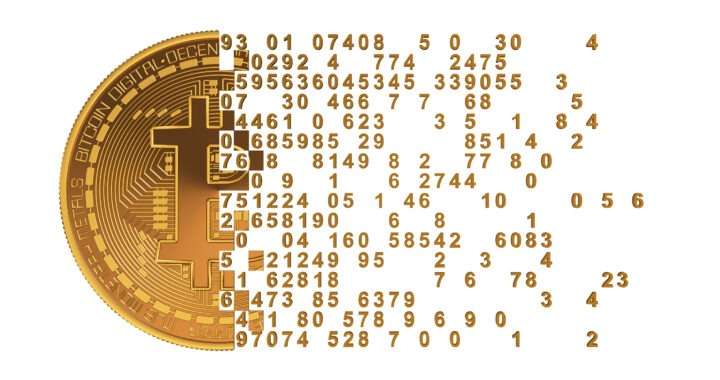For the first time, the UK Law Commission has given its recommendations, proposing a new category of property rights unique to the world of crypto assets. This proposal seeks to fill the existing legal vagueness that pervades these digital commodities and could extend the impact of the crypto sector throughout the world.
Bridging the Legal Gap
Cryptocurrencies have existed at the law’s intersections for a long time, with traditional property laws unable to govern this novel phenomenon. The proposal by the Law Commission to trade a new category of Cryptocurrency will protect investors, businesses and consumers.
The Current State of Crypto Assets in UK Law
Crypto assets cannot be classified well under existing legal categories. Overall, they are somewhat in between actual tangible real estate and digital assets.
This continued ambiguity has brought about complications in the ownership, succession and inheritance matters. Therefore, the proposed new category will seek to respond to these issues with finality and squarely.
What does this Mean for Crypto?
If implemented, this new classification could offer several benefits:
- Legal Recognition: Crypto assets would gain a formal status within the UK legal system, increasing legitimacy before traditional financial institutions.
- Investor Protection: A clear legal framework could better protect crypto investors and encourage wider adoption.
- Regulatory Clarity: Businesses operating in crypto would have clearer guidelines leading to further innovation and growth.
- Dispute Resolution: Courts would have a more defined framework for handling cases involving crypto assets, thus consistent and fair outcomes.
- International Competitiveness: The UK could position itself as a leader in crypto-friendly jurisdictions. This would attract more Blockchain and crypto investments.
Notably, the UK is now heading toward a more definite categorisation; the US Securities and Exchange Commission (SEC) is constantly in the middle of lawsuits, with the most recent being the classification of Non-Fungible Tokens (NFTs). Clearly, this is as a result of the global contention surrounding the nature and status of these novel digital commodities.
Potential Challenges
Despite all the positive outcomes that could be realised in the published proposal, implementing the plan has a few challenges. There are several concerns on how very strict categorisations could lead to stagnation in the constantly dynamic crypto market—some question on exactly how this new category would fit into the broader financial regulations and international laws.
What are the Global Implications to Crypto Assets?
For now, this is only a proposal by the Law Commission, and thus, while it is a positive advancement, it is not yet a policy. Many of these recommendations will likely require a review and possible legislation by the UK government to incorporate them. This could take months if not years, and the crypto space may change further by the time this is completed.
We gather that as the world of digital assets continues to evolve, legal and regulatory systems around the globe will require further evolution as well. In essence, the UK might encourage other countries facing similar problems to take action, too.
This could be a closer and united approach to regulating Cryptocurrency, which could waylay the regulatory race to the bottom.
What are your thoughts on this possible new classification for crypto assets? Share your thoughts and comments below!
Image Source: Adobe Stock
Disclaimer: This article is provided for informational purposes only. It is not offered or intended to be used for legal, tax, investment or financial advice.












